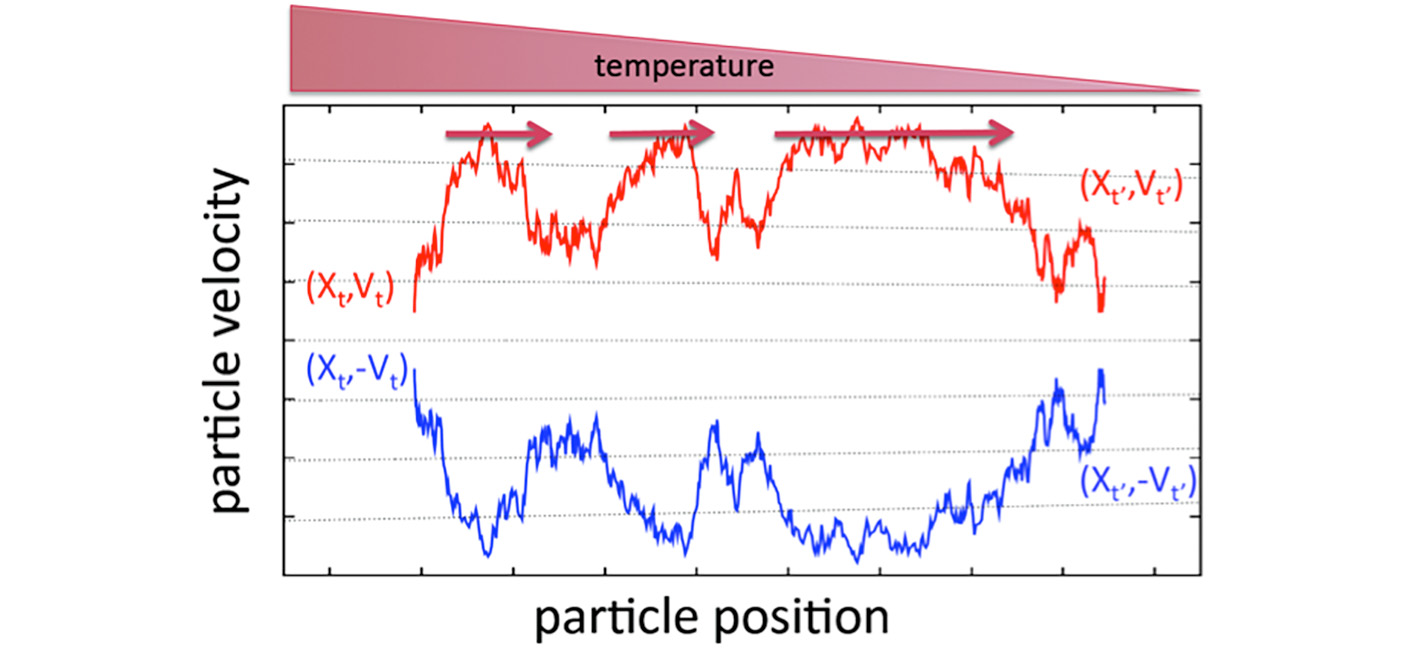
Seminar “On demons and dragons large and small”
Date
Wednesday, 31st October 2012
Time
03:00 pm
Place
University of Barcelona
Faculty of Physics Building
Room 3.20, 3rd floor
Speaker
Dr Erik Aurell, KTH-Royal Institute of Stockholm (Sweden)
Abstract
Maxwell’s demon was conceived as an intelligent being which can separate fast and slow molecules by selectively opening a door in a wall in a container. The standard explanation why such a demon cannot exist is that it would heat up, and so would no longer be able to know when to open and when to close the door. The increased information (decreased entropy) in one part on the world, achieved by separating molecules, would hence be counter-balanced by heating up another part.
The conceptual relation between information and heat was further sharpened by Landauer (1961) who showed that to set or erase one bit of information on average a heat of at least kT log 2 has to be released to the environment. When it comes to information we know that it can be more or less detailed. Any description is not absolute, but contingent on the accuracy of our observations and the amount of data we can store and analyze. It follows that also heat is not absolute, and indeed one modern definition states that “heat is the work done by the retained degrees of freedom on the thermal environment representing the other degrees of freedom” (Sekimoto, 2010). In other words, what we can call work, heat and entropy production depends on our power of measuring and controlling small systems.
I will discuss two problems motivated by the above general set-up. The first concerns the heat generated in processes that take a finite time. In mesoscopic systems described by Langevin equations it turns out that the correction to the Landauer bound of kT log 2 has the universal form K/t where t is the duration of the process, and K is a functional of the initial and the final state. In fact, K is essentially a classical action of an auxiliary mechanical system. The second concerns entropy production as we move between scales. For well-defined concepts the fluctuation relations such as Jarzynski’s equality hold, but these only partially constrain the entropy production on different scales.
I will discuss the simple example of the over-damped limit of a system described by an under-damped Langevin equation, and show that when temperature depends on space the over-damped limit of the average entropy production is not the average entropy production in the over-damped limit. The difference between the two expressions has the same form as the entropy production of a macroscopic fluid at rest in a temperature gradient (Landau & Lifshitz, Fluid Mechanics 49.6). I will finally discuss how these two problems can be combined, and other extensions of this work.


